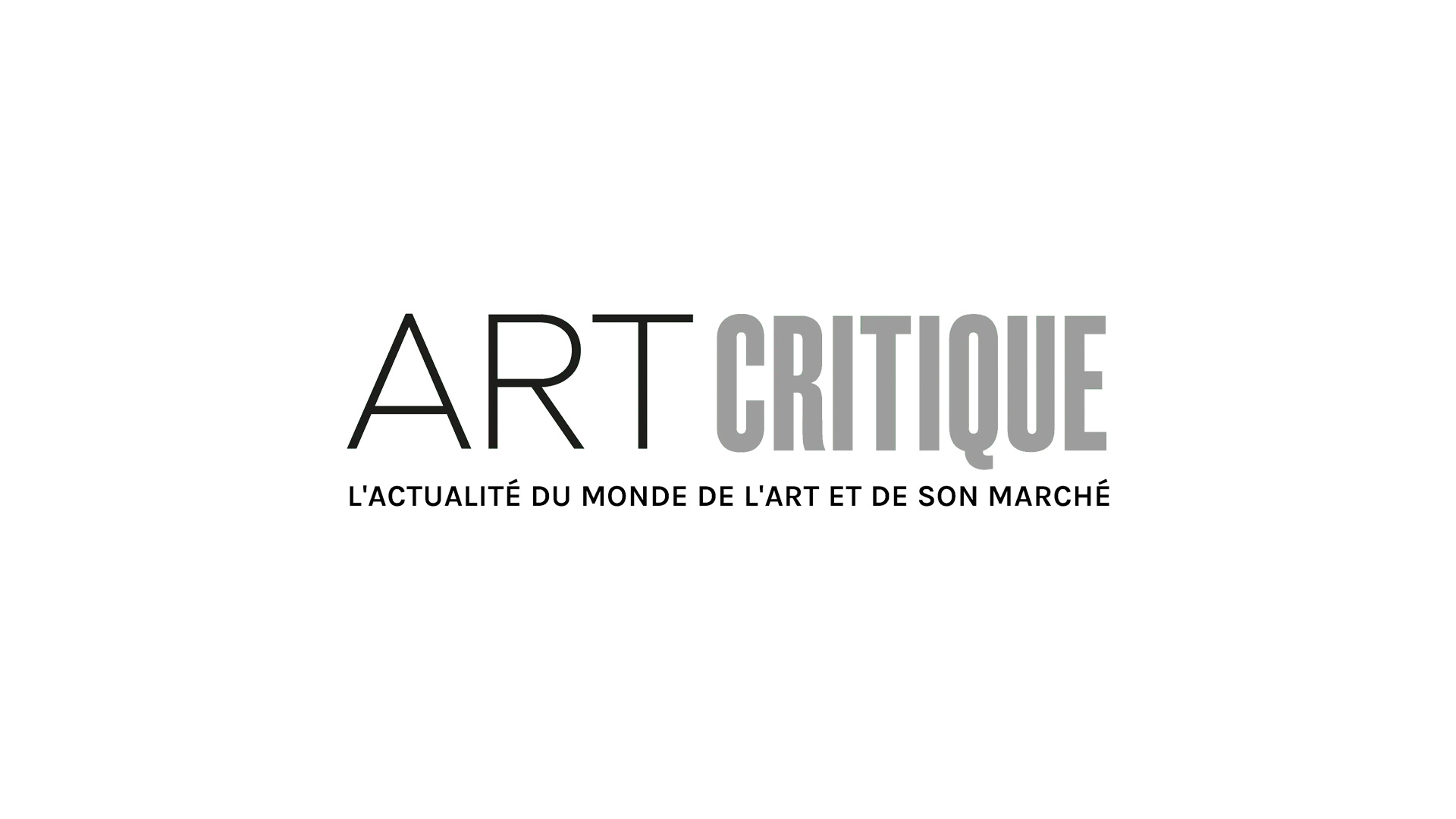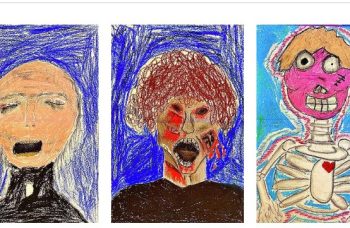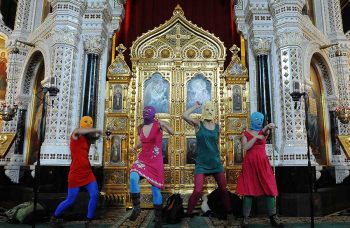The 2018 Turner Prize exhibitions at Tate Britain are not for the faint of heart. This year’s nominees are Naeem Mohaiemen, Forensic Architecture, Charlotte Prodger, and Luke Willis Thompson. Their exhibitions consist more or less exclusively of film works and are unapologetic for that.
This means to see the exhibition in its entirety can take at least four hours, if not longer. Additionally, the films do not leave room for the casual passer-by. To fully engage with the nominees, the viewer has to do their part to stay and engage with the films.
In its 34th year, the Turner Prize is awarded to British-based artists whose works from the previous year stand out from the crowd. Nominees were shortlisted by a jury of four including Oliver Basciano, art critic and International Editor at ArtReview; Elena Filipovic, Director, Kunsthalle Basel; Lisa Le Feuvre, Executive Director, Holt-Smithson Foundation; and Tom McCarthy, novelist and writer.
Upon entering the large, well-lit, and bright atrium for the Turner Prize exhibitions, guests make the choice between four doors, each leading to a different exhibition.
Luke Willis Thompson utilizes 35mm film strung through a monstrosity of a projector to create an intriguing environment to view his three films Cemetery of Uniforms and Liveries (2016), Autoportrait (2017), and _Human (2018). Thompson, who lives and works in London, has collaborated with individuals from the UK and US affected, first hand, by social and racial injustice highlighting such issues and discrimination. Criticized at times for making spectacles out of his subject, the result here is anything but.
Charlotte Prodger’s Bridgit (2016), shot entirely using her smartphone, explores her experiences concerning coming out, working in a care home, and going under anesthetics. Ordinary scenes are beautifully shown amongst those which are intimately personal. Intermittently, excerpts from the Scottish artist’s diary are read aloud. Her work raises issues of queer identity, technology, and time in a way that, at times, feels disjointed but draws the viewer in for more.
Tripoli Cancelled (2017) and Two Meetings and a Funeral (2017) by Naeem Mohaiemen are the longest of the films by the nominees. In Tripoli Cancelled, Mohaiemen follows a lone passenger through the abandoned Ellinikon Airport in Athens. Portrayed by Iranian-Greek actor Vassilis Koukalani, the traveler wanders around the airport ceaselessly. As he writes imaginary letters to his wife and fills his time pretending to be a pilot, the man seems more and more trapped awkwardly stagnant in a place made for transit.
Lastly, and my personal favorite, is Forensic Architecture’s The Long Duration of a Split Second. The exhibition begins with the haphazard video captured by an activist documenter in the midst of a raid by Israeli police in a Bedouin village. Moving behind the screen, guests look at timelines and reconstructed models that tell the story of social injustices and how the organization seeks to use technology to correct human rights violations in an interdisciplinary and collaborative manner.
The winner of the 2018 Turner Prize will be announced later this year in December. Running through 6 January 2019, the Turner Prize exhibitions are intense as difficult issues are tackled creating what may be the most controversial Turner Prize competition to date.





